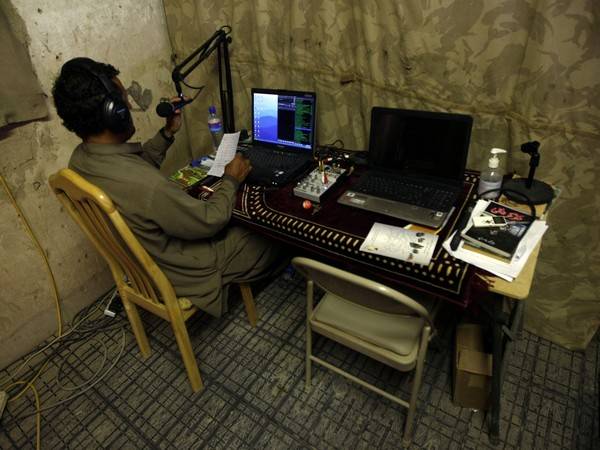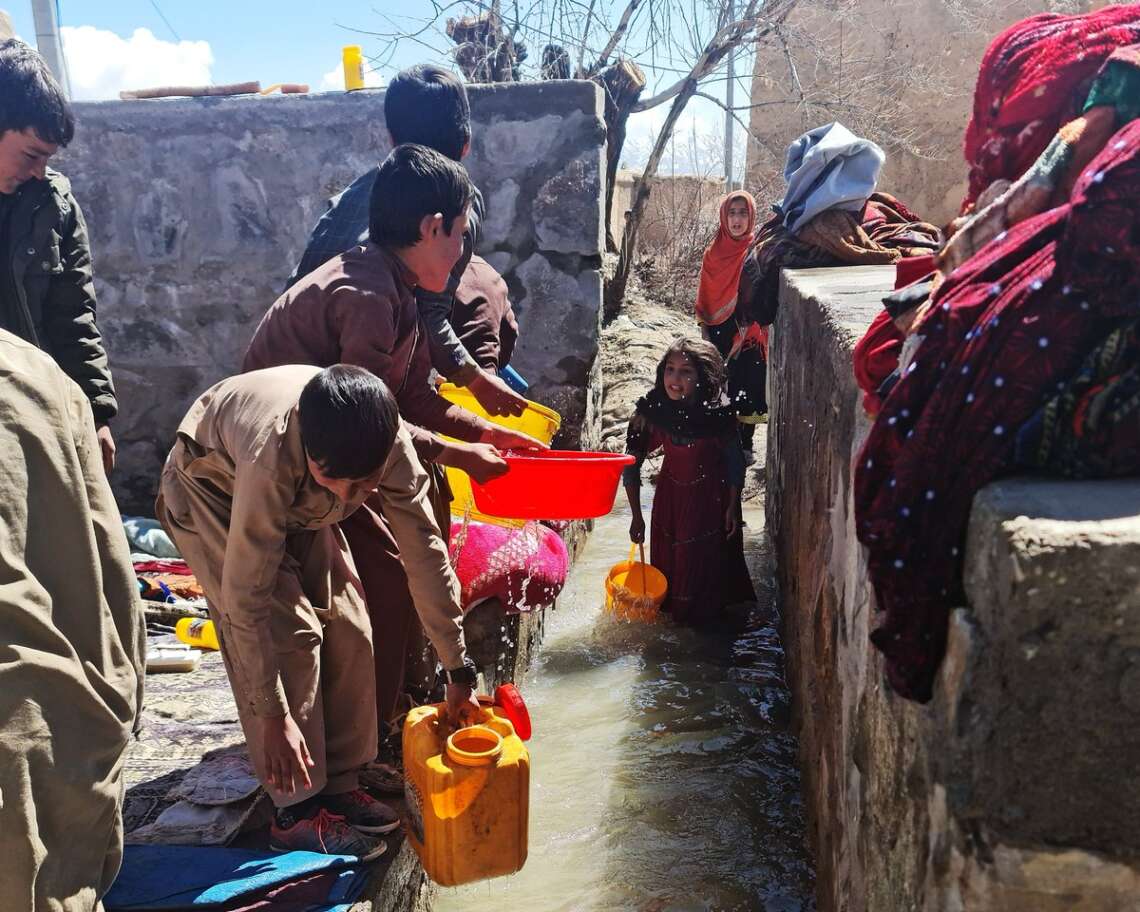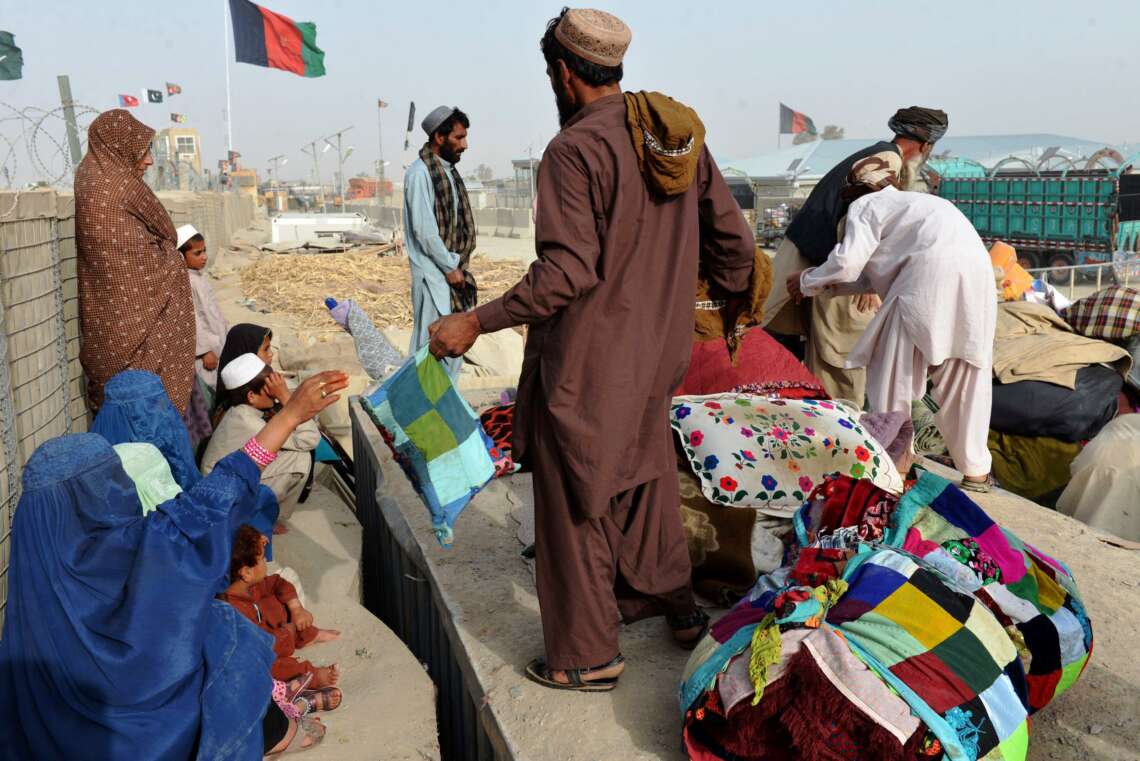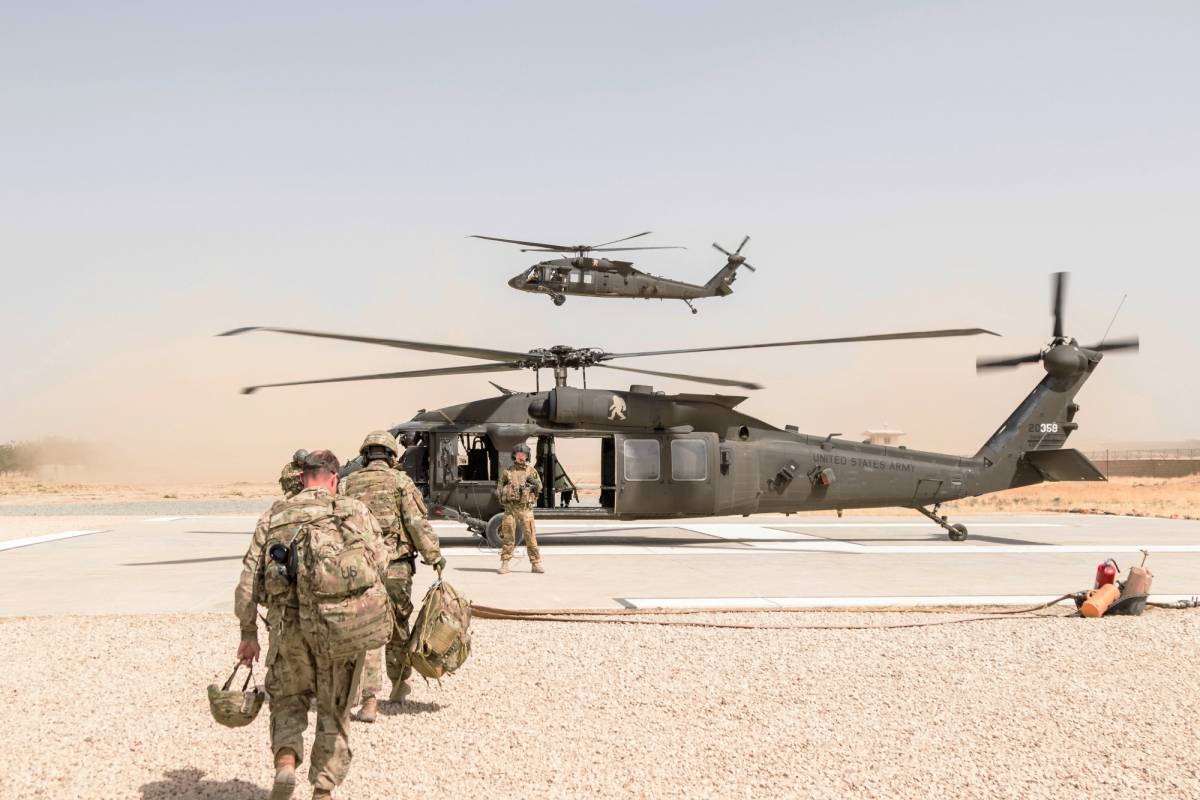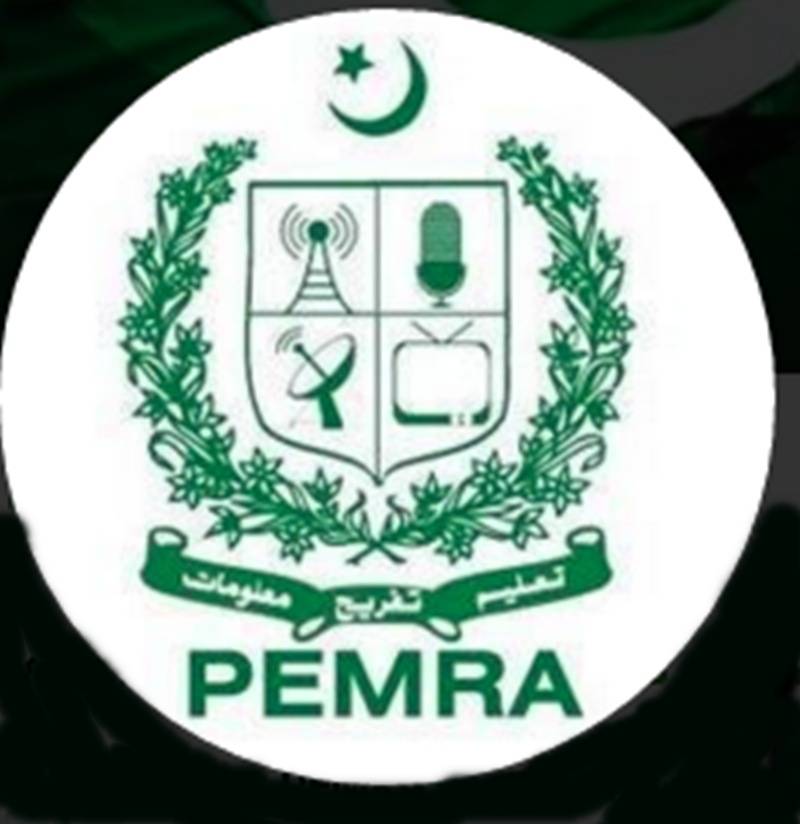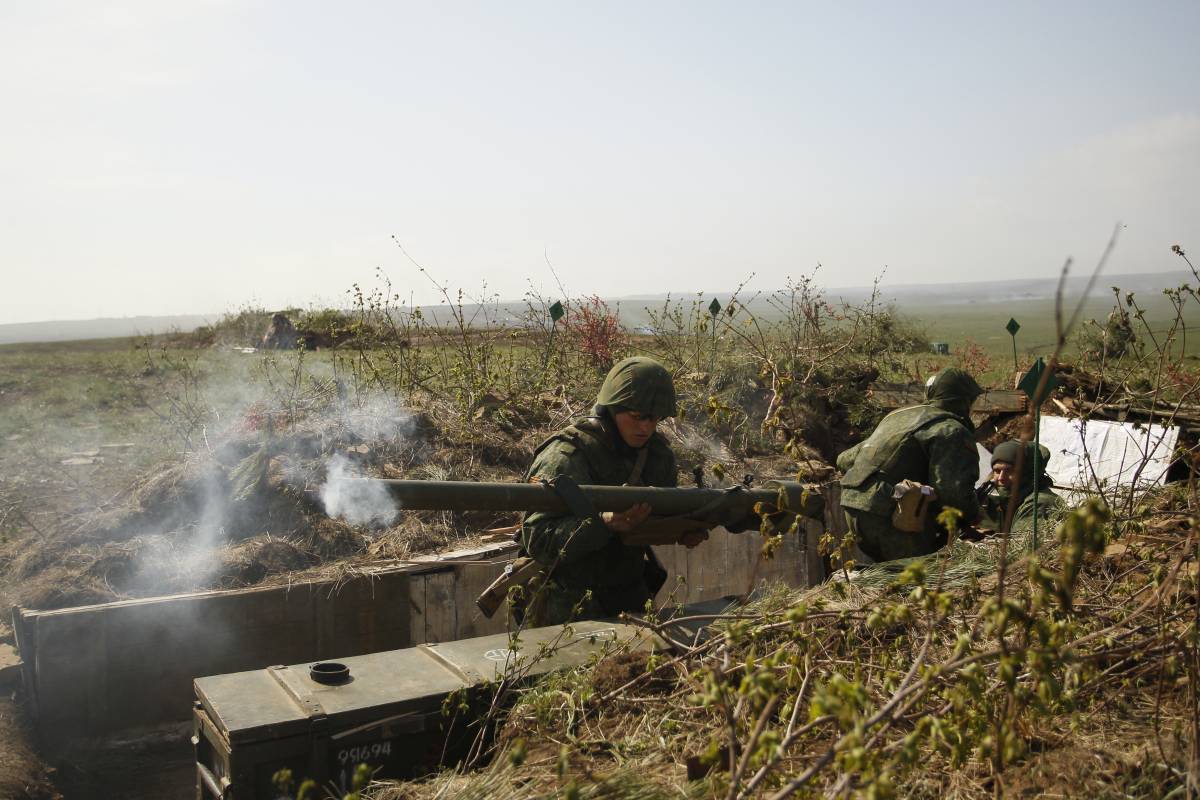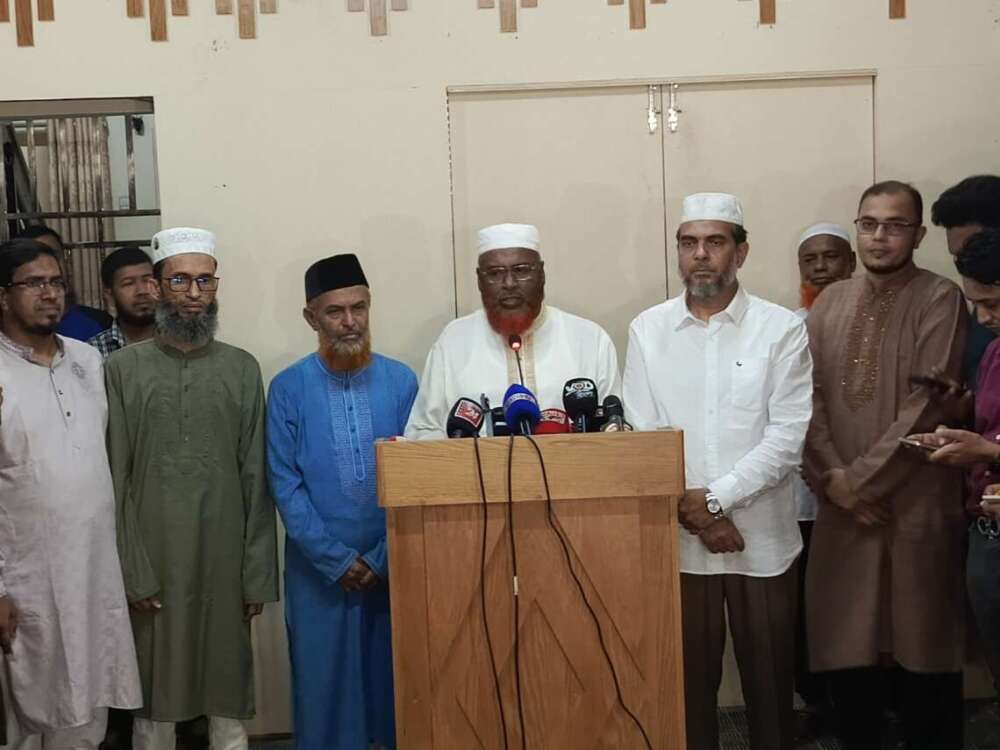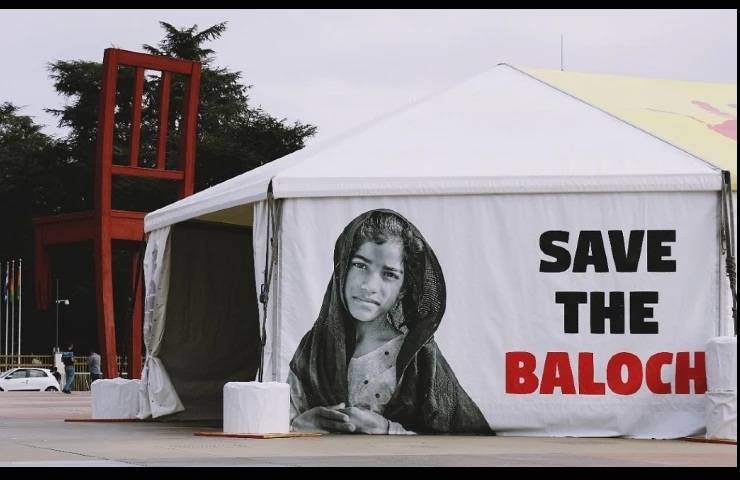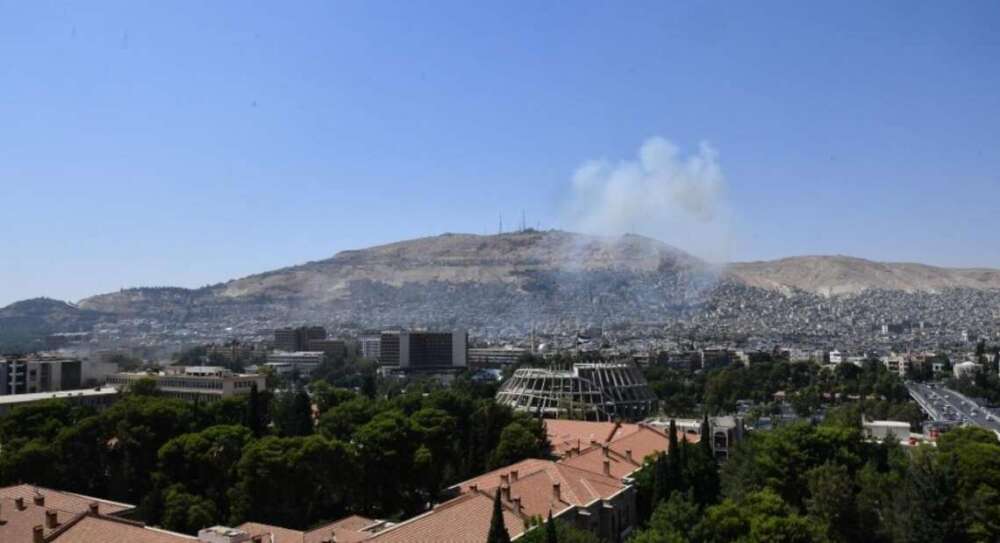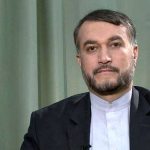The recent political change in Afghanistan following the fall of the republican government has severely affected the Afghan media’s radio sector…reports Asian Lite News
At least 86 radio stations in Afghanistan have halted operations since the Taliban took over the country in August last year, the media reported.
In a report on Sunday, TOLO News said financial and political issues were the main reasons for the collapse of the country’s media, reports Xinhua news agency.
“We have a lot of memories from the radio. There was a time when restrictions were imposed on listening to the radio. When we were listening to the radio, we would task one individual to keep a lookout; we were listening to it in secret,” said Mangal, a resident of Wardak.
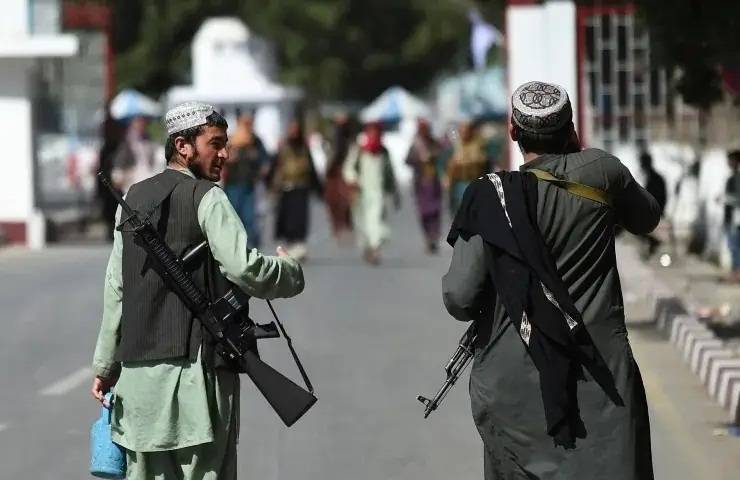
“It was a long time ago. I was a toddler. A radio device was brought into our village. When I was listening to the broadcast, I was thinking there are people inside the radio device,” said Abdul Salim, a resident of Wardak.
The recent political change in Afghanistan following the fall of the republican government has severely affected the Afghan media’s radio sector.
Radio Jahan is one of the dozens that have halted operations since August 2021.
“Radio Jahan has halted broadcasting for more than six months due to severe economic challenges,” said Mosawar Rasikh, head of the station.
“Around 70 per cent of radio stations are closed in the country. The reasons are economic challenges and broadcasting programs–in the current situation. On the other hand, the government insists on collecting taxes from radio stations,” said Shafiullah Azizi, head of the Zamzama radio stations.
Based on the statistics, over 300 different kinds of media organisations have been closed since Kabul’s fall.

“Our findings show that if the international community doesn’t provide financial support to the media, many of these radio stations will be closed within the next six months–this shows a collapse of the media in the country,” said Hojatullah Mujadidi, head of the Afghan Independent Journalist Association.
Radio in Afghanistan began in the era of the former King Amanullah Khan in 1926.
The first radio station was named Radio Kabul and broadcast in Kabul.


